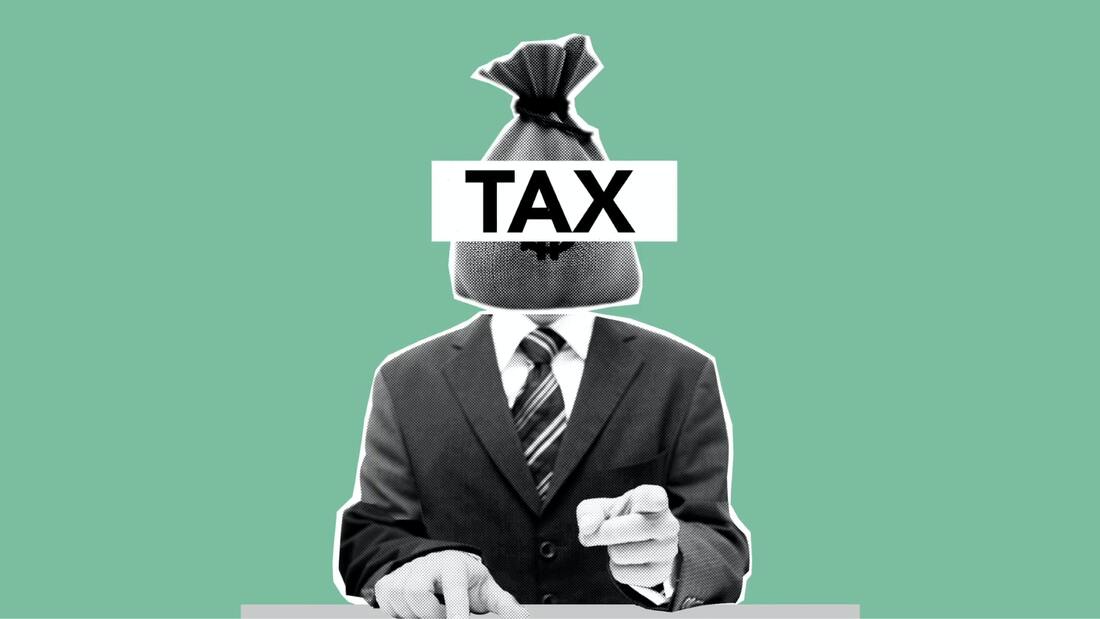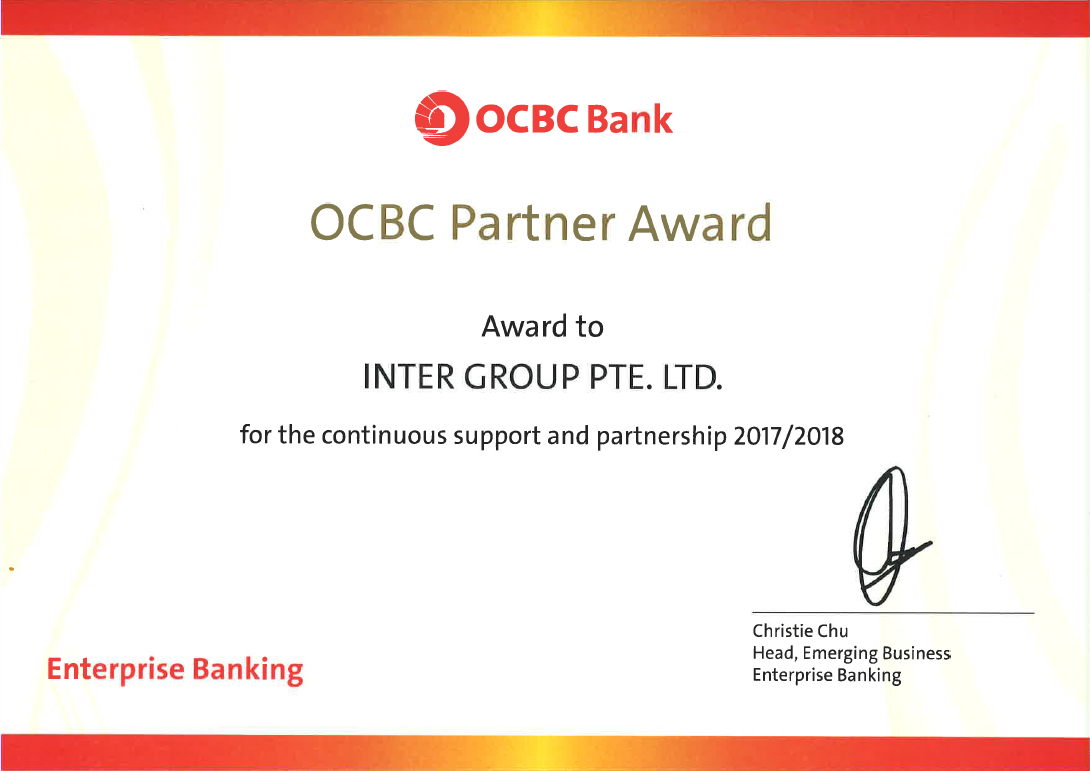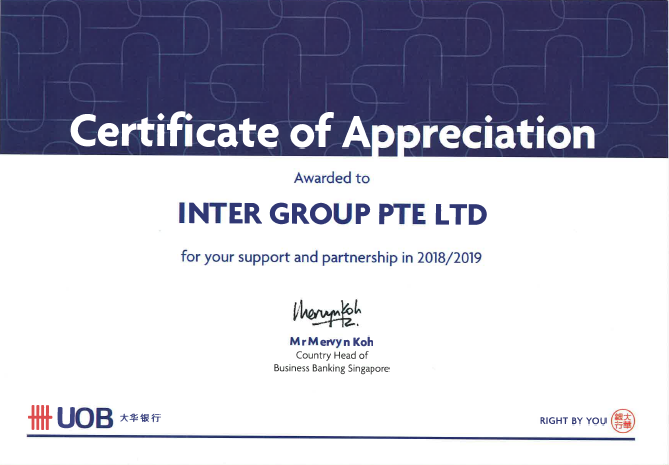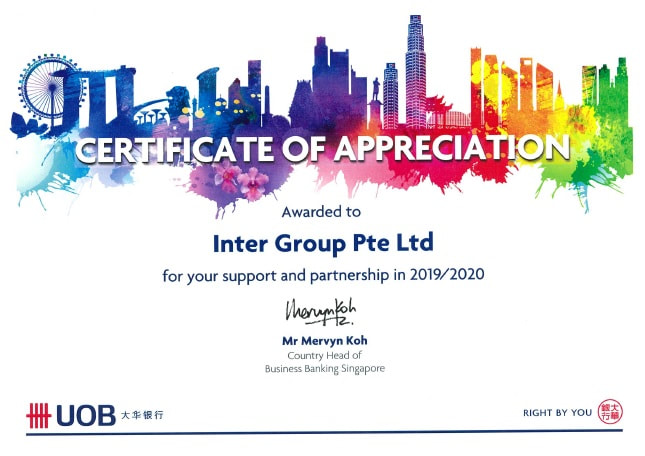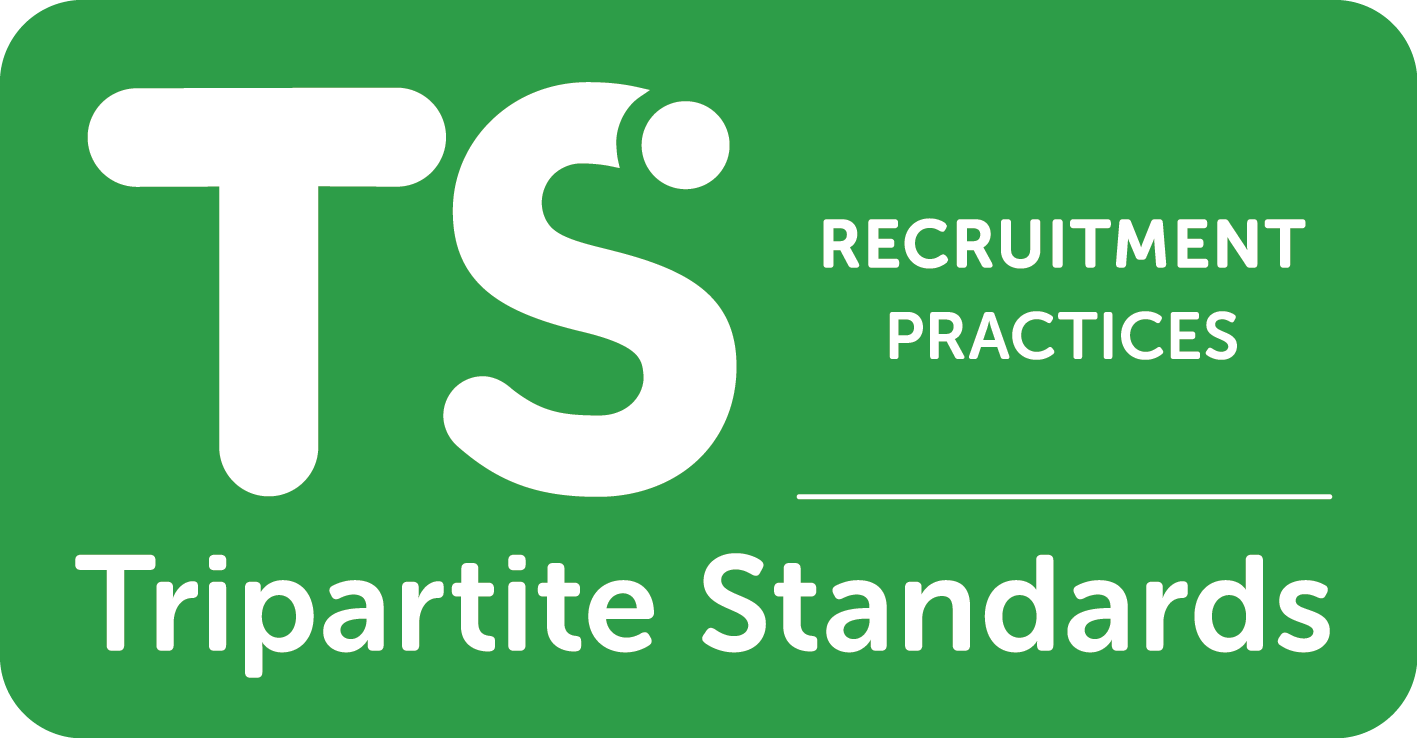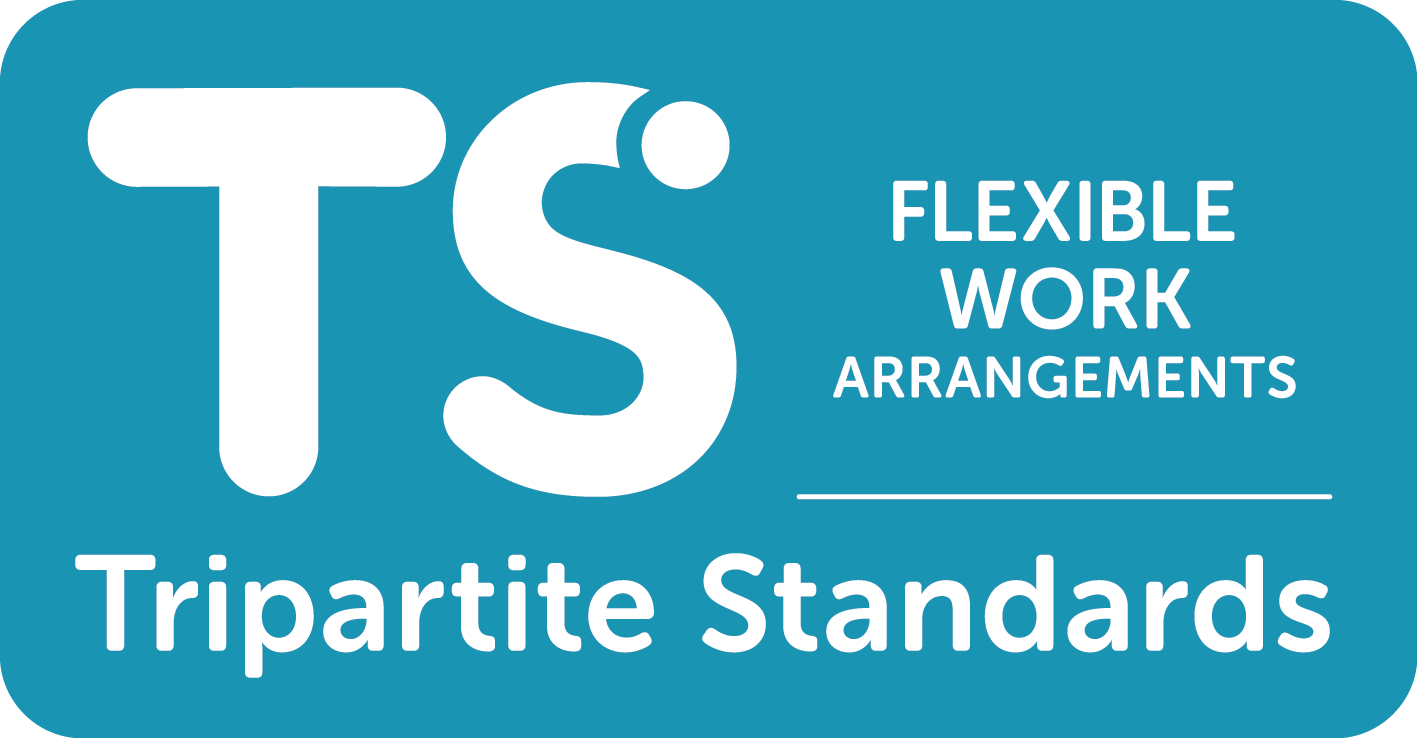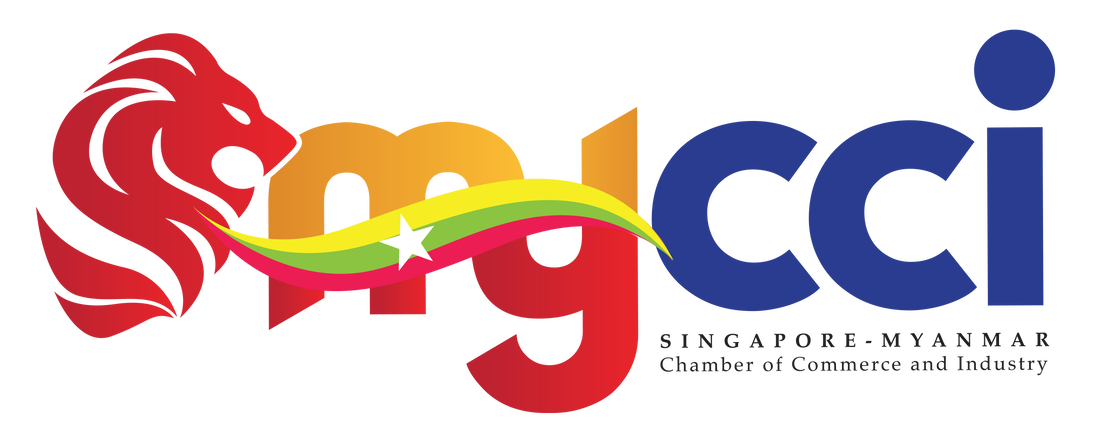|
If you have stayed or worked in Singapore for at least 183 days in a calendar year OR have continuously worked in Singapore for 3 consecutive years OR have worked in Singapore for 2 consecutive years AND total period of stay in Singapore is at least 183 days, you will be considered a tax resident in Singapore.
5 Comments
STEP 1: Reserving a Company NameTo register your company in Singapore, the proposed company name must be approved by Accounting and Corporate Regulatory Authority (ACRA). This process of finding out whether the proposed name is approved or rejected can be done within a day. ACRA will reject the proposed company name if it is identical to an existing Company Name, vulgar/obscene and if it is similar to established Names or trademarks. Approved names will be reserved for 120 days. We recommend that 3 Company Names be proposed for consideration.
To uphold Singapore’s reputation as a trusted financial hub that is align with international standards, the Companies Act (CA) has been amended to require all companies incorporated in Singapore (unless exempted) to maintain a Register of Registrable Controllers (RORC). Enforced by Accounting and Corporate Regulatory Authority (ACRA), the RORC is made mandatory for all companies from 31 March 2017.
The aim of this is to make both the ownership and control of corporate entities more transparent, and restrict the misuse of corporate entities for unlawful purposes such as money laundering. More information about the definitions of controllers and what information is collected in the RORC can be found in our blog post: What Your need to know about the Register of Registrable Controllers and Register of Nominee Directors. The Singapore government has introduced various financing support, tax and other temporary relief measures in light of the COVID-19 pandemic, with the aim to help Singapore businesses survive through this difficult time.
Some of these measures announced during the Unity Budget by the Finance Minister have already been shared in our previous blog post: #SGBUDGET2020 – What Singapore Companies Need to Know. Since then, additional measures were announced in the supplementary Resilience and Solidarity Budgets. You may refer to a summary of the Key COVID-19 Measures for Individuals and Households / Key COVID-19 Measures for Businesses and Self-Employed (updated as of 6 May 2020) from the Singapore Budget website here. This blog post will highlight the measures relating to filing deadlines and tax reliefs in response to COVID-19. This information is accurate as of 19 May 2020. However, due to the fluidity of the situation, this info may not always reflect the most updated developments. We encourage you to visit the websites of relevant authorities from time to time for the latest updates. In 2019, Singapore’s economy grew by a modest 0.7% - the weakest growth since the 2008 Financial Crisis. The Ministry of Trade and Industry (MTI) has downgraded Singapore’s growth forecast to -0.5 – 1.5% from 0.5 – 2.5% and this indicates a possible recession.
With the COVID-19 outbreak, the Ministry of Finance (MOF)’s budget 2020 has set aside a substantial amount of focus and resources into helping businesses and industries towards cushioning the impact from such uncertainties. In this post, we will look at the initiatives announced in this year’s budget that aims to help sectors who have been financially hit as well as measures to help them tide through this tough season. last updated on 19/11/2019 The Corporate Tax Filing Season is here. This post will provide you with the information on corporate income tax filing to help you better understand your tax filing obligations.
Does my company need to file a tax return this year? Singapore’s Finance Minister; Mr Heng Swee Kiat delivered the country’s Budget Statement on 18 February 2019. Calling it ‘expansionary’, Budget 2019 focuses on broader economic changes and enhances enterprise transformation. This year, the government will be rolling out several initiatives for businesses in Singapore. This blog post will give you an overview of the key features of these initiatives, and what it means for you and your business.
Singapore Government Access (also known as CorpPass), is a digital service created and monitored by the Government Technology Agency (GovTech) of Singapore. It is now the only login method for businesses to transact with the government. This is effective from 1 September 2018. This means that previous login methods such as Singapore Personal Access (SingPass) and e-Services Authorization System (EASY) will no longer be available.
ACRA’s legislative amendments targeted to be implemented by the first half of 2018.
Aligning corporate compliance timelines to the Financial Year End (FYE). The timelines for holding Annual General Meetings (AGMs) and Annual Returns (AR) filing will be aligned with the company’s FYE. This will provide a greater clarity and improve the companies’ compliance requirements as stated in the Companies Act. Singapore Budget 2018 was said to be visionary and forward looking with an eye for the long run. It is about laying the foundation for Singapore’s development in the next decade, helping businesses to transform thus ensuring that Singapore companies remain competitive. Here is how Singapore Budget 2018 affects your business.
|
MYANMAR BUSINESS SERVICES SINGAPORE BUSINESS SERVICES QUICK ENQUIRY SUBSCRIBE CONNECT WITH US BLOG ARCHIVES
November 2023
BLOG CATEGORIES |

